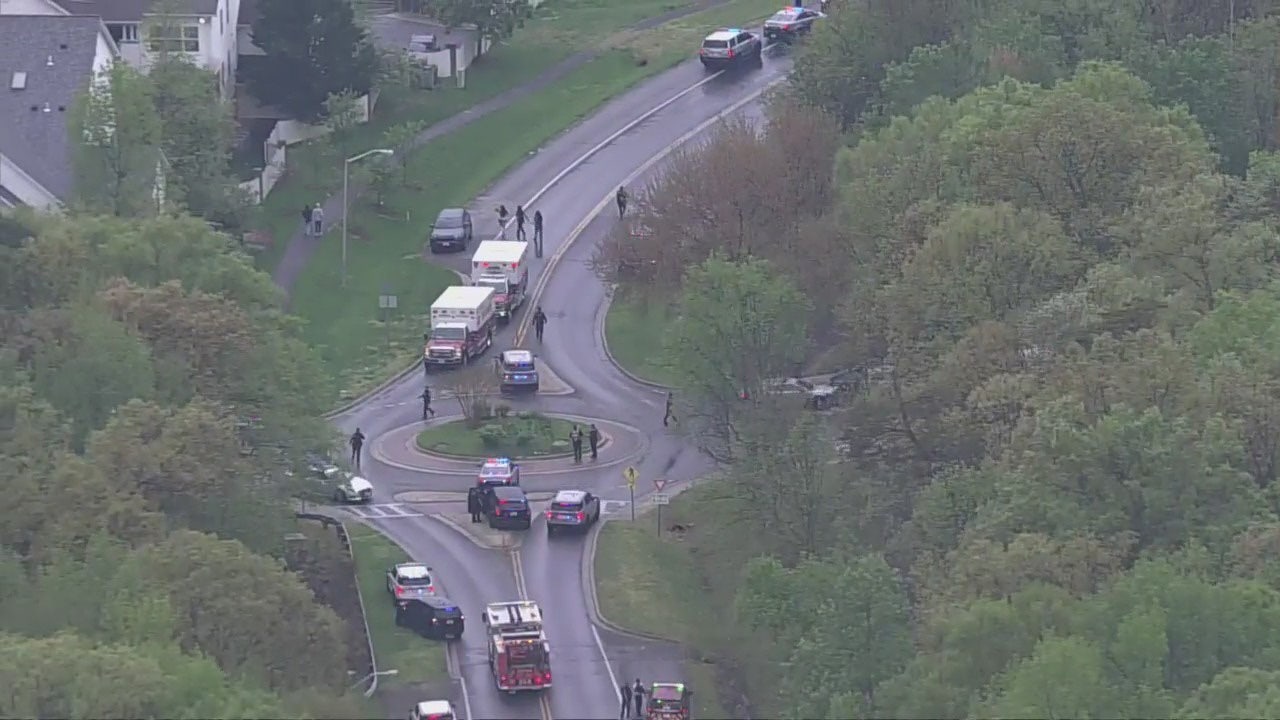- Sat. Apr 20th, 2024
Latest Post
Ronnie O’Sullivan’s Quest for Consistency: Finding the Ultimate ‘Turbo Button’
In a recent interview with Eurosport’s Rachel Casey, snooker legend Ronnie O’Sullivan discussed his desire to find a “turbo button” that would allow him to consistently perform at a high…
Japanese Companies Turn to AI to Predict Employee Resignations, Create More Engaged Workforce
In an effort to retain their young employees, Japanese companies are turning to AI tools for predicting employee resignations. A new tool developed by researchers at Tokyo City University analyzes…
Five Teenagers Shot During Senior Skip Day Party in Greenbelt; One Left in Critical Condition
During a high school senior skip day party in Greenbelt, Maryland, five people were shot at a park. This unfortunate incident occurred at Hanover Parkway in Prince George’s County, where…
Boston Dynamics’ Atlas Humanoid Robot Retires and is Replaced with a Fully Electric Model
Boston Dynamics, a US-based company, has announced plans to upgrade its humanoid robot with a new model designed for commercial and industrial applications. The company will be retiring its hydraulic…
Chocolate Bijoux: How Science and Passion Combine in a Baton Rouge Startup
A local small business in Baton Rouge is combining chocolate and science in a unique way. The business, Chocolate Bijoux, is run by LSU student Maram Khalaf and her mother,…
Boston Sports: A Force to be Reckoned With – The Economic Impact of Events like the Boston Marathon and the Excitement at TD Garden.
Boston sports have a significant economic impact on the city, with events like the Boston Marathon marking the beginning of a robust visitor season. According to David O’Donnell of Meet…
New NCAA Football Rules: Implementation of Two-Minute Warning and Communication Technology for Coaches and Players
The NCAA Football Rules Committee has approved new technology rules, including the implementation of a two-minute warning in all levels of college football. This is similar to the NFL, where…
From Lure Maker to Thriving Business: Katelyn Beaver Receives $10,000 Grant to Expand Beavers Lures with Partnership of Upper Peninsula State Bank
Katelyn Beaver, the founder of Beavers Lures in Escanaba, has recently received a $10,000 grant from the Federal Home Loan Bank of Indianapolis (FHLBI) through the Elevate Grant Program. The…
Smellephants on Parade: Scent-Themed Adventure Joins Disney’s Magic Kingdom
Disney’s Magic Kingdom is set to unveil a new sensory experience in May with the introduction of “Smellephants on Parade” presented by Scentsy. The installation, located in the Storybook Circus…
From Kettering to Dallas: The Triple Triangularity Robotics Team’s Journey to the VEX HS World Championship
The Napoleon High School Robotics Team, known as The Triple Triangularity, has been invited to compete in the VEX HS World Championship in Dallas, Texas. This annual event brings together…
/origin-imgresizer.eurosport.com/2024/04/05/3943656-80086828-2560-1440.jpg)
:quality(75)/cloudfront-us-east-1.images.arcpublishing.com/elcomercio/YZC6NU4NF5EFZN43FN7FWZ2GN4.jpg)


